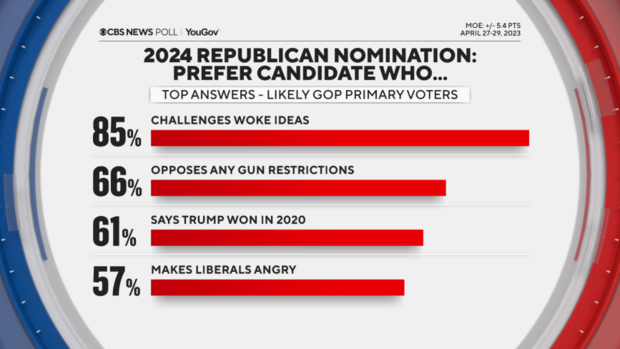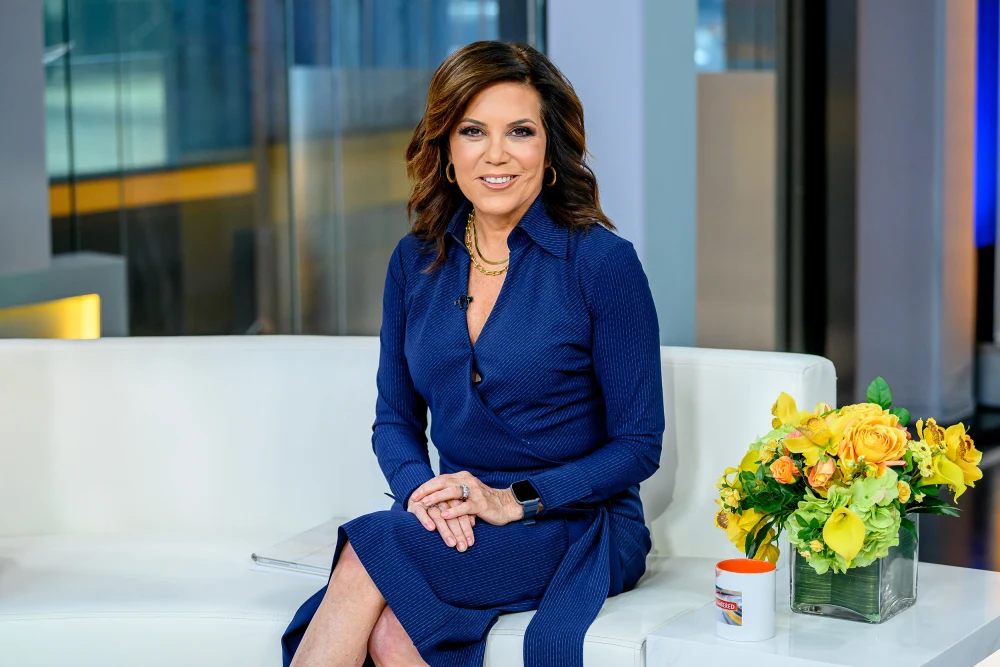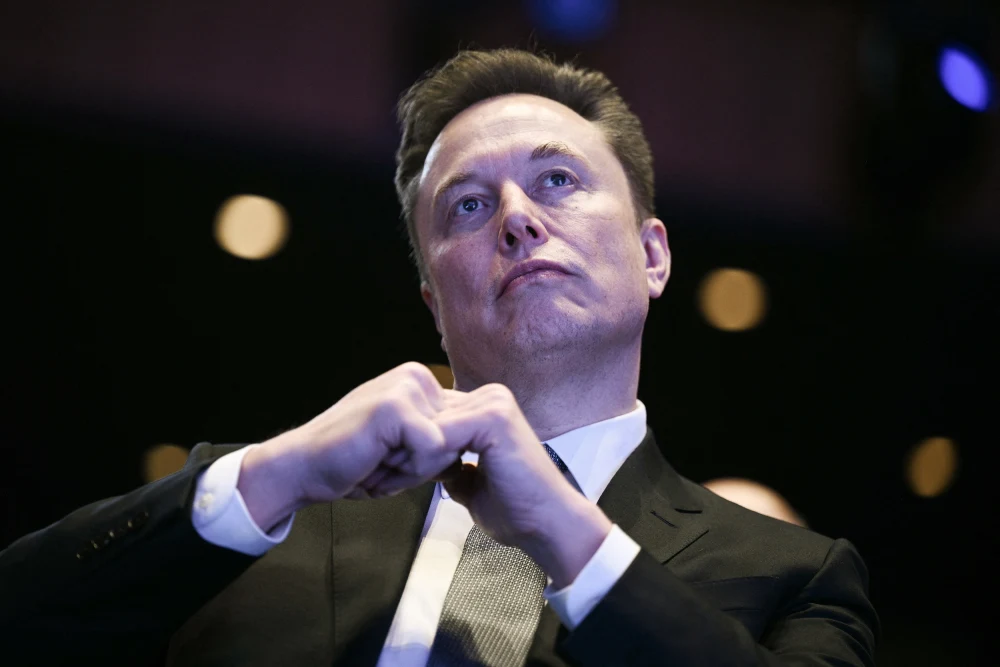To the extent the Republican primary is a contest at all right now, it looks like it’s one between Donald Trump and a sentiment one might call “Trump fatigue.”
And Trump is winning that matchup easily.
Here’s why: MAGA-sounding ideas are widely held in the Republican electorate, an environment that plays heavily to Trump’s advantage.
There’s big demand for a candidate who says Trump won in 2020, who challenges woke ideas, who doesn’t criticize Trump and, for good measure, makes liberals angry. Trump leads in all of these areas.
Meanwhile there are some GOPers who say they’re “exhausted” by Trump, and that he’s too controversial, but they are greatly outnumbered today.
Because it’s so early, CBS News first asked voters which candidates they’re considering backing for the Republican nomination, letting them pick as many or as few as they wanted.
Then, we asked them to pick one candidate they would vote for today. (As with many decisions people make, early in the process, they’ll narrow their options before settling on one.)
Trump leads on both measures.
He not only has majority vote support right now, but a massive amount of consideration on top of that, extending beyond his current voters to those who say they might still back him. Trump also wins the votes of a higher percentage of those considering him than anyone else.
In short, Trump looks like a former president who left office popular with his party, and little that’s happened in the ensuing years has changed that. In fact, concerning his recent legal challenges, a majority say one rationale for backing him is showing support during those fights.
And his voters are also the most likely to say they are already thinking about ’24.
Trump also may have a support floor: about a quarter of likely voters are considering only him right now, and no other names tested.
That’s important because if the primary field is ultimately fractured, like in 2016, relatively smaller percentages can still win.
Exhaustion and “too controversial”?
So, what does the smaller non-Trump group look like?
When we ask people who aren’t voting for Trump why not, besides just liking others more, most say that he’s “too controversial.”
When we ask how Trump makes them feel, the top answer is, “exhausted.”
There’s about a quarter of GOP voters who aren’t considering Trump for the moment, let alone voting for him.
They exemplify this idea of Trump fatigue. The “exhausted” number grows to six in 10 among those who right now rule out even considering Trump — followed by “worried.”
Importantly, most of these voters don’t dislike him personally. They voted for him in 2020 and most don’t say he could lose to Joe Biden in ’24. Most don’t feel there’s a mismatch of views, nor do they want him criticized.
But his perceived combativeness may be a turn-off. Most don’t like how he “deals with political opponents,” and more want to hear about him finding common ground with Democrats if elected again, than investigating and punishing them.
There also are big education gaps between non-Trump Republican voters and his backers.
White non-college voters are almost 30 points more for Trump than college-degree holders.
DeSantis, Trump, and others
There is some overlap between DeSantis and Trump consideration.
Four in 10 likely voters are considering both of them. But it breaks to Trump’s advantage when it comes down to vote choice.
An anti-woke stance may help DeSantis right now, but it isn’t enough on its own to overtake Trump, since Trump has that item covered too.
Trump wins voters who want a candidate to challenge woke ideas.
Other factors that could shape the race
Given the predominance of ideas like election denialism about 2020, and the positive sentiment toward Trump, are there other constituencies or messages that could change things?
With Trump so dominant at this point, there isn’t room for a candidate who would criticize him: only 7% of voters want that if the candidate isn’t Trump himself, and more than a third want loyalty to him.
Of the smaller share of Republicans who do say Joe Biden legitimately won in 2020, the race is still even between Trump and DeSantis. Mike Pence does a little better with this group than he does overall, but still trails the others by three to one.
Trump also leads among the four in ten voters who want a candidate to favor Christians over other religious groups.
Half of Republican primary voters want a candidate who favors a national abortion ban. Trump is winning these voters too. Former Vice President Mike Pence does no better among this constituency than he does among other GOP voters.
What’s next and what to watch from here? Overtaking Trump at this point would clearly require persuading a good chunk of voters currently in his camp. One way to look at this is that many of Trump’s backers are at least considering other candidates, even if none has emerged as another major choice. For instance, four in 10 Trump backers are considering DeSantis.
For those considering Trump and others too, they’re a group not quite as strong on some of those key allegiance measures: they are much less likely than Trump-only voters to prioritize loyalty to the former president, as well as somewhat less likely to cite likeability as a rationale and say he actually won in ’20.




